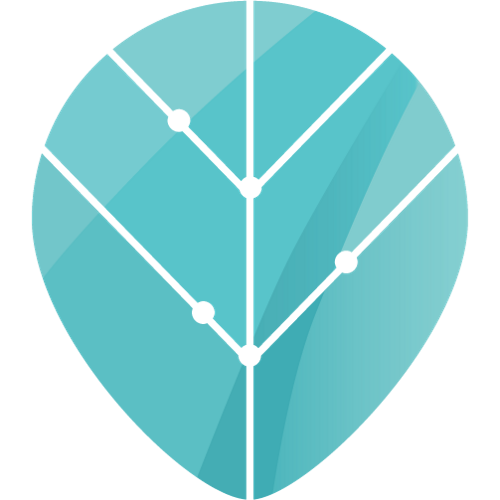Working remotely offers a lot of desirable upsides for many people — less commuting time, increased productivity, and greater opportunity to experience the joys of autonomous work. But the perks only show one side of the story. “All-consuming work can make us feel isolated, anxious, and lonely,” Suzanne Gelb, Ph.D., J.D., a psychologist and emotional wellness expert, tells Thrive. “This is especially true for people who work alone, or freelancers.”
What’s more, remote workers often rely on technology — instead of face-to-face connections — to soothe their loneliness, says Gelb. “It’s a problematic substitute for offline, in-person interactions.” And while employees tend to be very thankful for the flexibility their companies offer them, their gratitude can actually be the precursor to burnout. That’s because they feel they need to do more work and exert extra effort as a sign of their indebtedness.
So how can you keep enjoying what you love about working remotely while not suffering from any of the downsides? Read on for these expert-backed tips:
Decorate and declutter
A dreary environment (think: working in a dark, cluttered basement) can add to your loneliness, says Gelb. So while you may not be hosting meetings in your home office, it’s a good idea to ask yourself if your physical surroundings are doing any favors — or harm — to your emotional state day-to-day. If there’s room for improvement, start by removing clutter,” suggests Gelb. “Then, add beauty — whether that’s with plants, a desktop wallpaper that sparks joy, family photos, or framed inspirational quotes.” Visual reminders that you’re not alone — even if you work alone — can buoy you with a sense of connection.
Socialize at home
When home is where you live and work, you may start to see your home as a source of anxiety or boredom. One way to shift the energy is to invite in more fun. “Have a few people over for a potluck dinner at your home,” Gelb suggests. “Then present a deep, thoughtful question for everyone to reflect upon and answer.” Gelb calls these “thought-starter dinner parties,” and says they can help cultivate fulfilling relationships and meaningful contact after a solo workday. It’s easy to fall into a rut of not talking to anyone except the grocery store clerk, but “it’s so important to have real conversations with friends,” adds Gelb.
Go outside
Getting up from your desk periodically and taking a break — preferably outside — is always a good idea. But it’s especially important if you work from home. “Being in nature can ease your loneliness and replenish your energy,” says Gelb. And if the weather doesn’t cooperate, just get up and move around your own home for a bit. Movement is an important way to oxygenate your brain and prevent that stagnant, lonely feeling that arises when we’re sedentary.
Take your emotional inventory
Here’s a simple habit for self-care: Once you close your laptop each day, take out a pen and paper to mark a real end to your workday with an “emotional inventory” check, Gelb suggests. “Write down any situations where you felt especially lonely, depressed, or anxious.” Doing a spot-check on how you’re feeling helps you avoid unintended isolation and frustration. For instance, if you know you’re unsettled, you might prioritize more connection that night.
Stick to your schedule
It can be difficult to ensure your work stress doesn’t follow you home when you work at home, and that’s why it’s crucial to declare a real end to your workday. When you’re finished with your tasks, take time to unplug and do something that nourishes you, Gelb suggests. “Technology is incredible, but unplugged time is essential, too — time with no devices, no email, and no social media,” she adds. That could be a quick mediation, a stretch, a bath — whatever. The idea is to use a technology break to transition into your evening, and “replenish and recharge yourself.”


